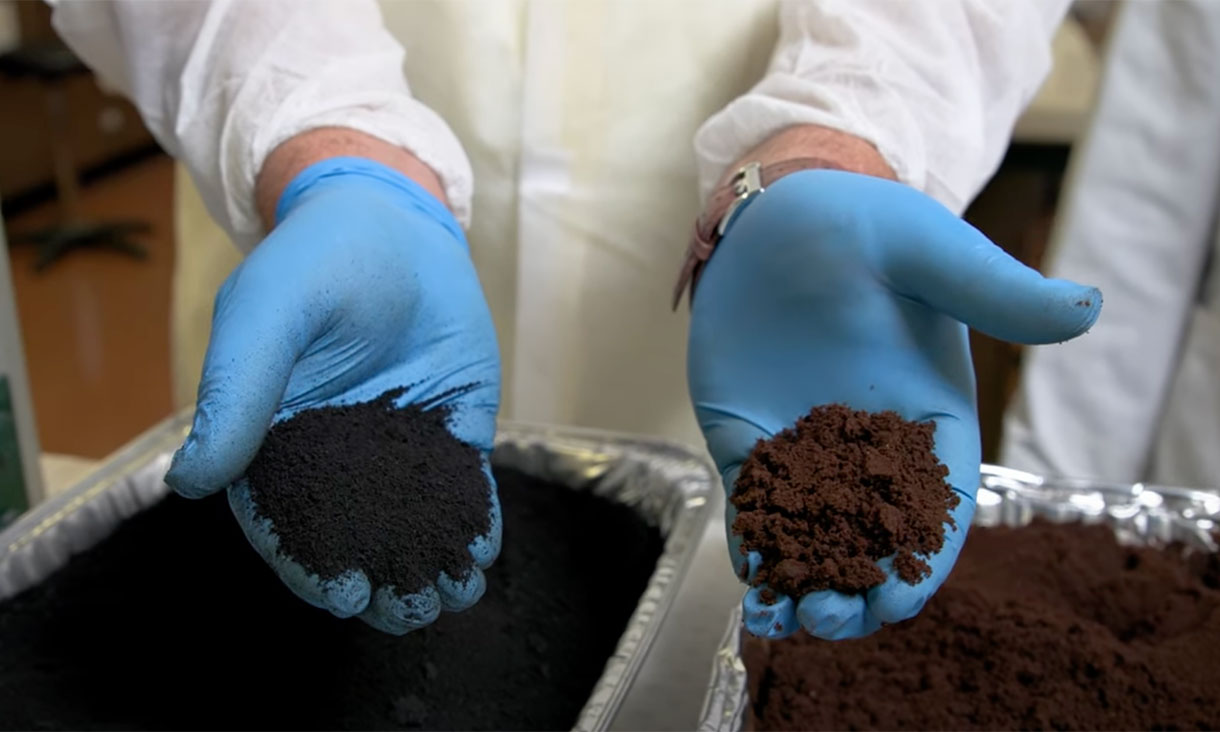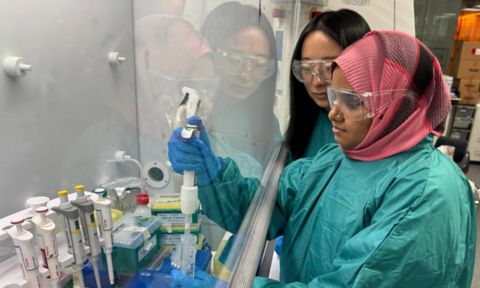Zapping stem cells could boost growth of new tissues and organs
Scientists in Melbourne have discovered how tiny electrical pulses can steer stem cells as they grow, opening the door to new improved ways of creating new tissues, organs, nerves and bones.
The impact of early life events on lifelong health
RMIT researchers are investigating the earliest moments of life and their role in the development of neurodevelopmental disorders.
Tiny metal particles show promise for targeted cancer treatments
An international research team led by RMIT University has created tiny particles, known as nanodots, made from a metallic compound that can kill cancer cells while leaving healthy cells largely unharmed.
Ultra-thin filters could help improve production of medicines and dyes
Scientists in Australia have developed new ultra-thin filters that can separate valuable chemicals from liquid mixtures fast and efficiently to make medicines, dyes and other products, which could help industries cut waste, save energy and lower costs.
RMIT Launches Allied Health Program to Fast-Track Healthcare Careers
RMIT's accelerated Allied Health Certificate fast-tracks students from the classroom to work-ready allied health assistants.
Rocket test proves bacteria survive space launch and re-entry unharmed
A world-first study has proven microbes essential for human health can survive the extreme forces of space launch.
RMIT and UPC sign new partnership for student exchange and research collaboration
RMIT University and the Universitat Politècnica de Catalunya · BarcelonaTech (UPC) have signed a new agreement to expand student mobility and shared research opportunities between Australia and Catalonia.
Diamond power could be a medical implant’s best friend
RMIT researchers have created an experimental 3D-printed diamond–titanium device that generates electricity from flowing liquid and receives wireless power through tissue making it possible to remotely sense changes in flow.











